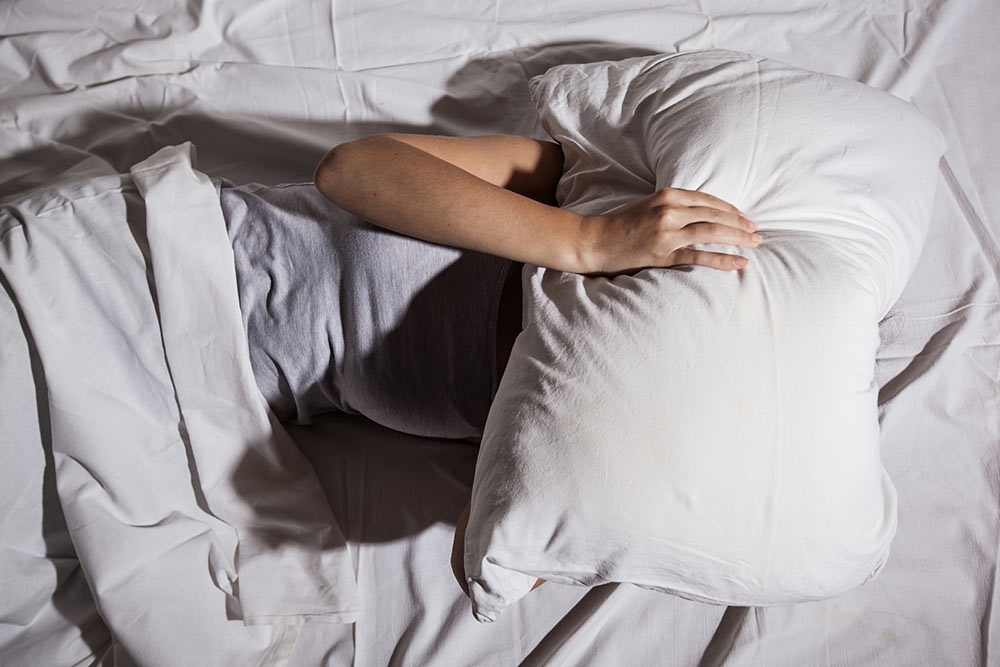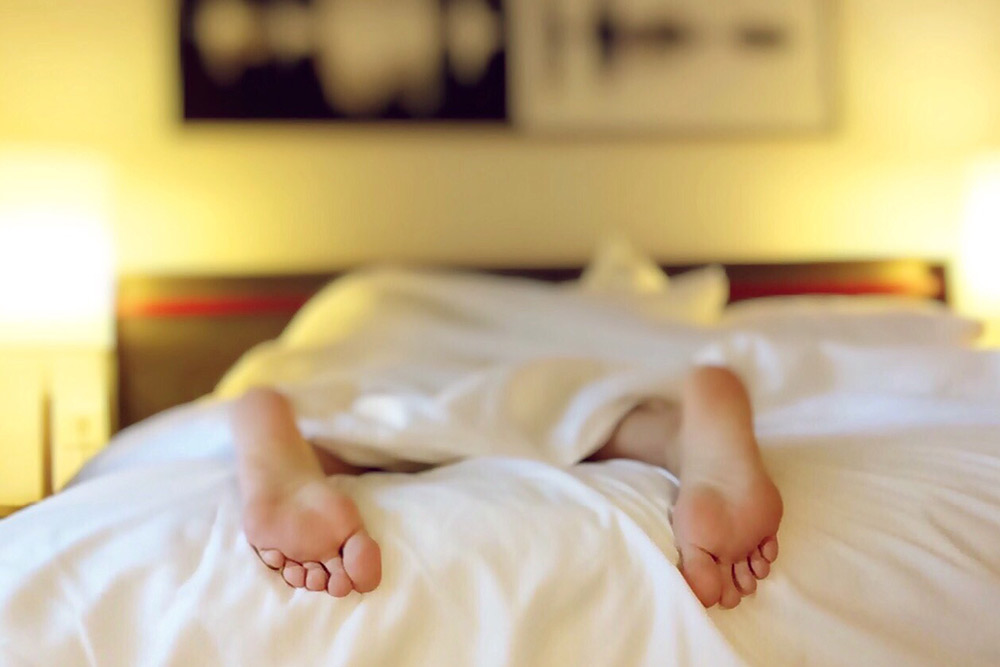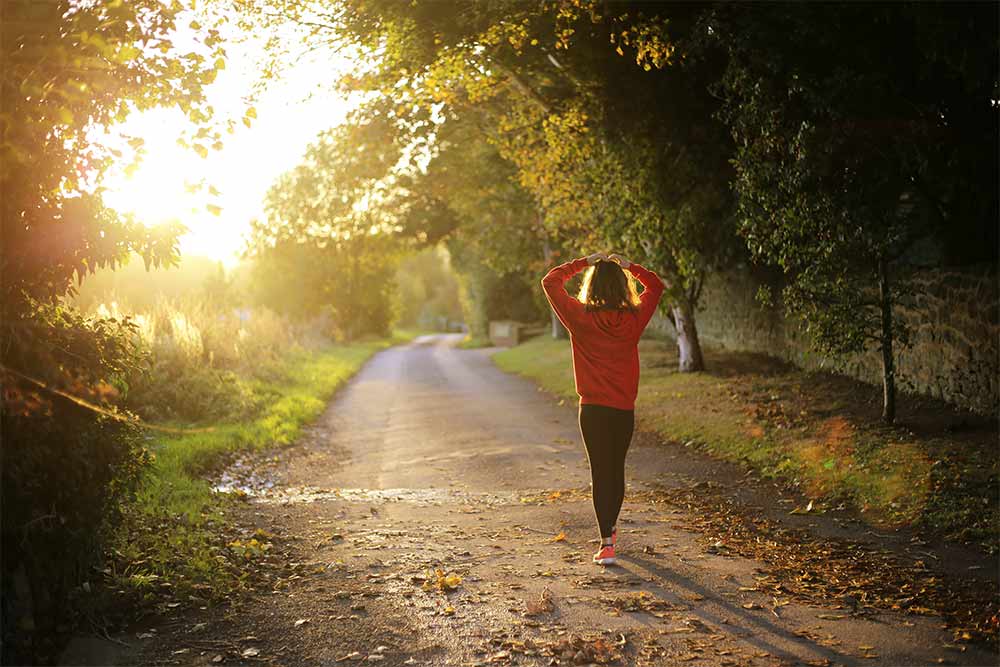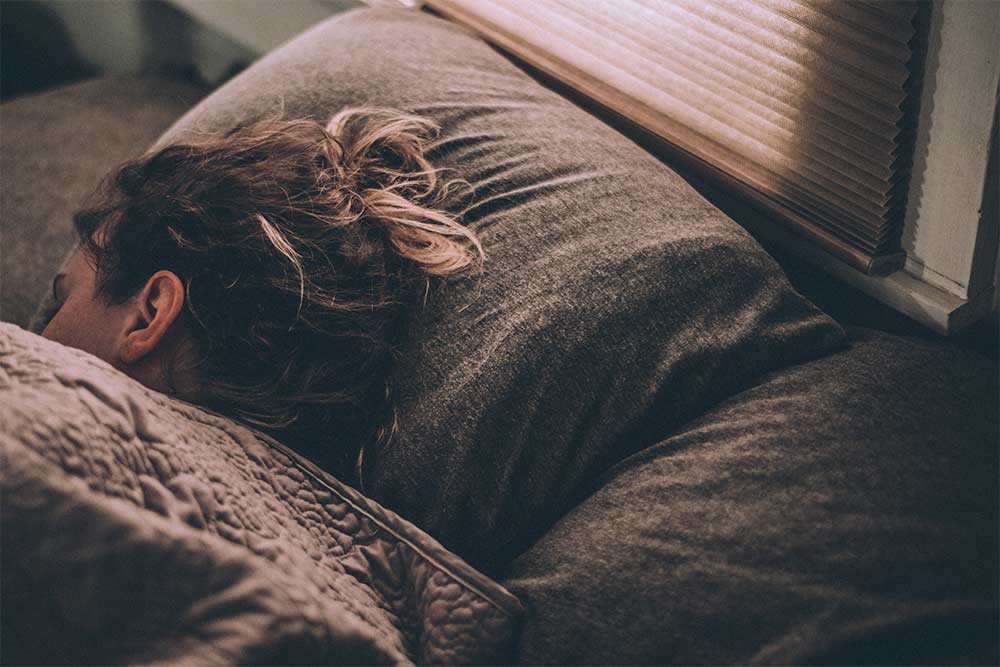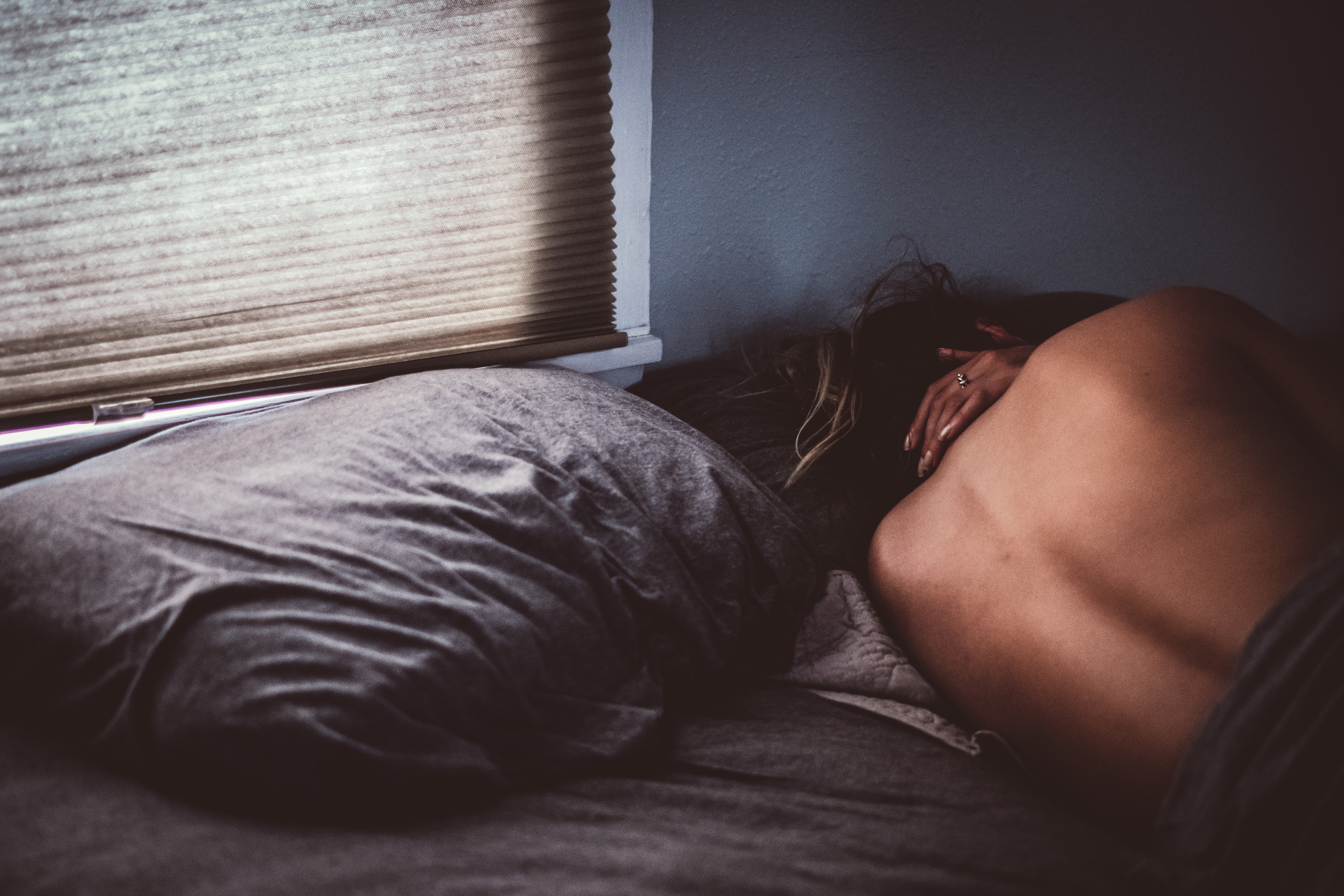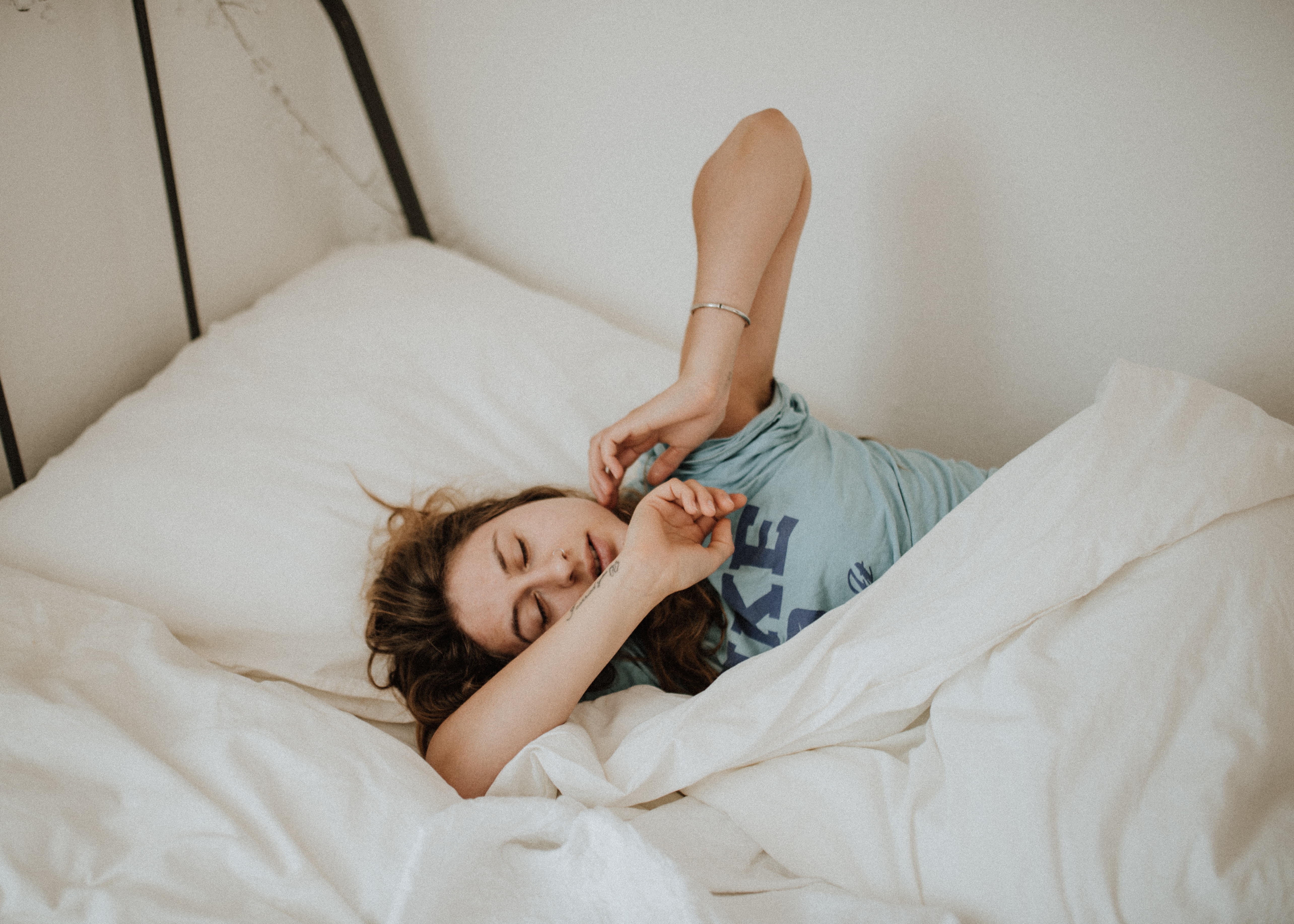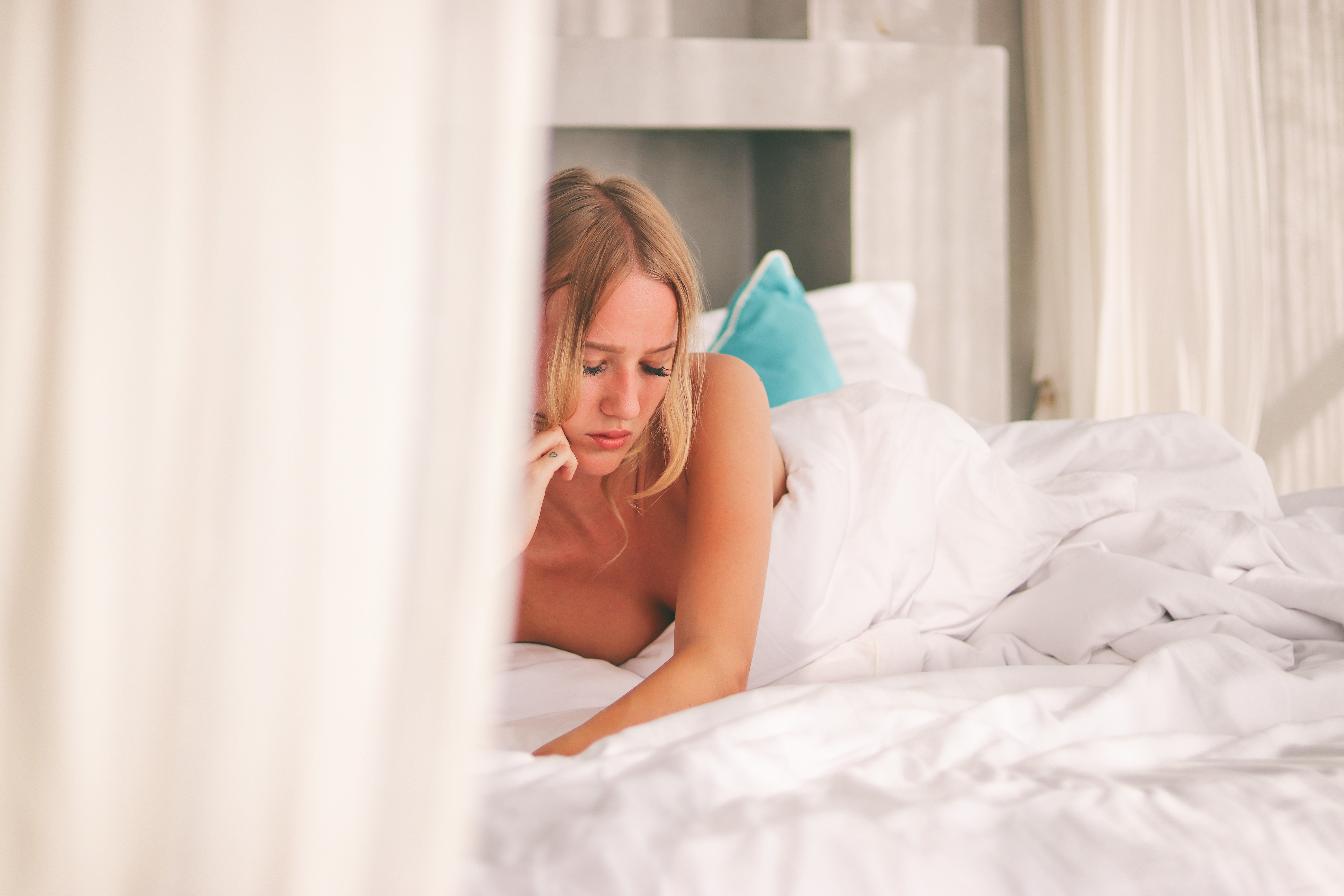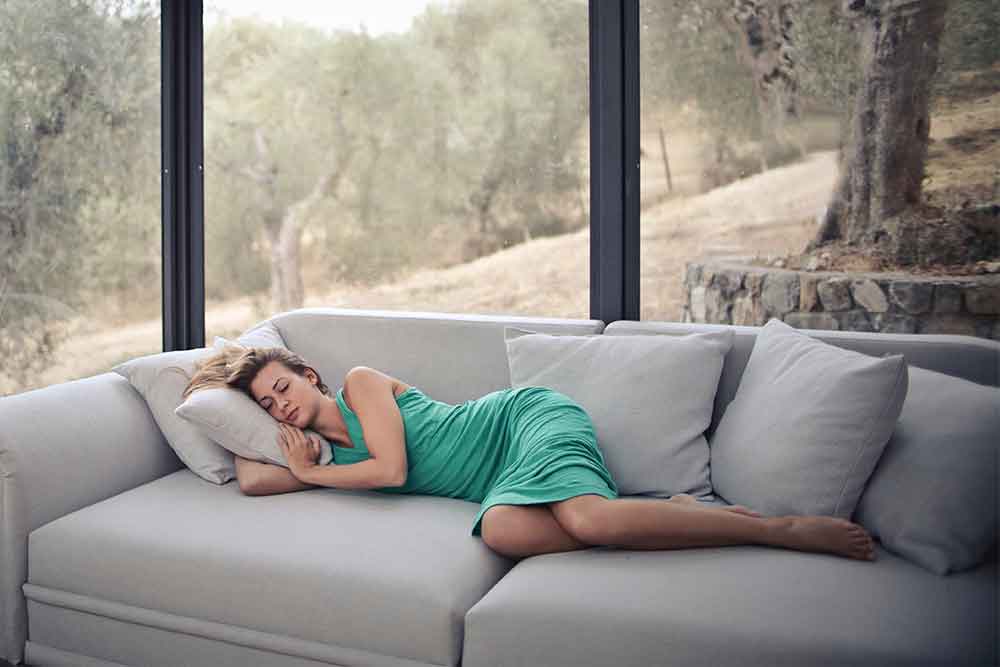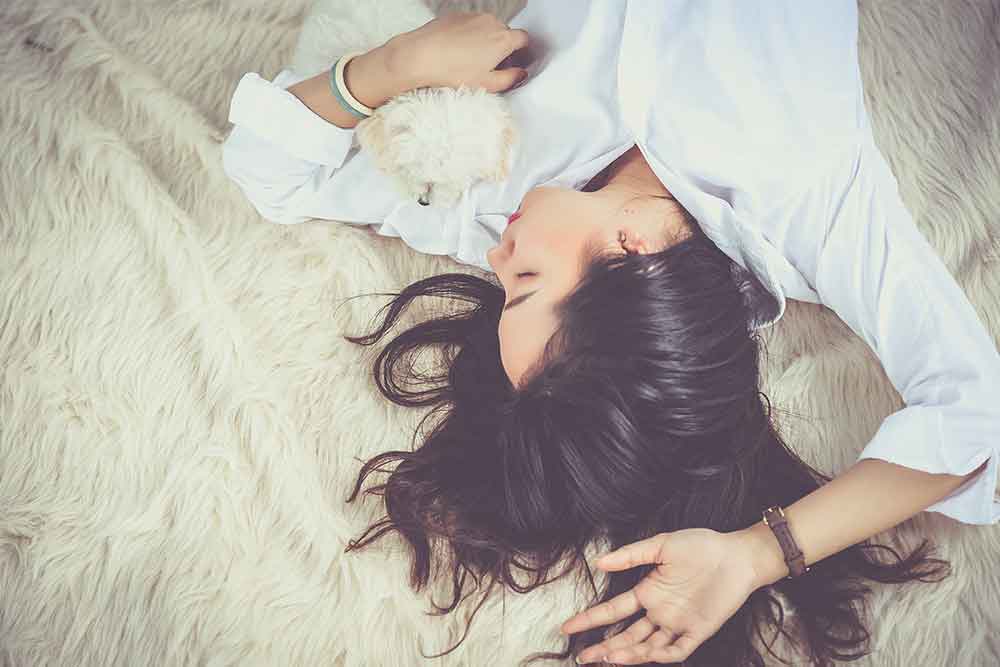5 Exercises To Improve Your Sleep

Catherine O’Brien
Sleep, like exercise, is an important part of a healthy lifestyle. It is no surprise that there is a wealth of research on the link between exercise, sleep and performance. The aim of this article is to shed some light on the scientific relationship between exercise and sleep and to highlight five types of exercise that can help improve sleep quality.
Circadian Rhythms
Circadian rhythms are the body’s 24-hour clock responsible for the alteration between sleep and wake cycles. Research conducted by Leise and colleagues (2013) demonstrated that circadian rhythms change as mice age and that aging mice are not able to quickly adapt to shifts in the sleep: wake cycle (think, jet lag). Additionally, wheel running activity also decreases with age. Understanding the link between physical activity and sleep cycles, they hypothesized that increased wheel-running could actually stave off the changes in circadian rhythms associated with aging.
In line with their hypothesis, aging mice who were given greater access to a wheel demonstrated stronger circadian rhythms and were able to recover from shifts in the sleep: wake cycle. While this research was conducted with mice, the implications are relevant to other mammals. The primary finding that increased physical activity improves circadian rhythms and increases response time to changes in sleep: wake cycle is applicable to humans.
Related Information: Sleep Series – Ebook Edition
Sleep and Physical Activity
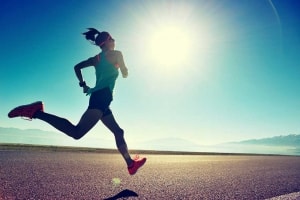 In a review article by Driver and Taylor (2000) they examine the findings and protocols of various studies on the relationship between sleep and physical activity. Simply stated, the findings on the subject are mixed. That said, their analysis revealed some of the consistent trends suggesting a positive relationship between exercise and sleep. Their analyses of the literature suggest that overall, fit individuals tend to have better sleep habits and improved nights’ sleep compared to their non-fit counterparts. In this way, chronic and consistent exercisers have greater total sleep time, increased slow wave sleep and decreased latency to fall asleep.
In a review article by Driver and Taylor (2000) they examine the findings and protocols of various studies on the relationship between sleep and physical activity. Simply stated, the findings on the subject are mixed. That said, their analysis revealed some of the consistent trends suggesting a positive relationship between exercise and sleep. Their analyses of the literature suggest that overall, fit individuals tend to have better sleep habits and improved nights’ sleep compared to their non-fit counterparts. In this way, chronic and consistent exercisers have greater total sleep time, increased slow wave sleep and decreased latency to fall asleep.
Time of Day Matters
Exercise time of day and proximity to sleep was also addressed and findings demonstrate that, in order to improve sleep, exercise should occur 5-6 hours prior to bedtime and not within 3 hours of bed time. As it pertains to duration and intensity, the research has shown that sleep quality is improved following 30 – 60 minutes of acute exercise. For fit populations, 1-hour was the recommended dosage. Endurance exercise like running and cycling were observed as more effective than power-training and weightlifting.
That said, research done by Alley, Mazzochi, Smith, Morris and Collier (2015) investigated the relationship between time of workout and type of workout. Their research showed that resistance exercises could effectively improve sleep quality and that this effect was strongest when the resistance exercise was performed later in the afternoon / evening (compared to earlier exercise times).
It is important to note that, some studies have found that overtraining and extended exhaustive exercise can have detrimental effects on sleep quality so the intensity and duration should be considered carefully.
Related Article: Do Physically Active People Need More Sleep?
Quality Also Matters
A recent study conducted by Awick et al (2017) examined the effects of varying exercise interventions on changes in quality of life and psychological distress. Sleep quality, as measured by the Pittsburg Sleep Quality Index, was among the factors that made up the psychological distress measure. In this study, adults engaged in a 6-month moderate-to-vigorous physical activity (MVPA) intervention with one of three exercise modalities:
-
Walking
-
Dancing
-
Strength training
Throughout the course of the intervention, the intensity of the sessions increased.
 Enhance the intensity of your workout with HyperWear Gear and save space with their SandBell Weights.
Enhance the intensity of your workout with HyperWear Gear and save space with their SandBell Weights.
In the walking condition, participants walked around a track and were encouraged to increase their intensity to 50-60% of their maximum heart rate after 6-weeks.
In the strengthening/stretching/stability groups, participants completed 10-12 resistance based exercises using exercise bands. As the study progressed, the intensity and the number of repetitions increased.
In the dance condition, participants engaged in social dancing similar to American folk line dancing. They learned new dances each month, each of which increased in intensity. All exercise interventions began with a warmup and were led by a trained instructor. Each group met 3 times a week for 1-hour sessions.
The Results
The results showed that after the 6-month intervention, participants experienced greater reductions in psychological distress which was associated with improved quality of life. This study is interesting because it provides examples of additional forms of exercise such as dance, and its ability to facilitate better sleep while contributing to reduced psychological distress.
Takeaways
So what does all of this mean for you?
The first takeaway, not surprisingly, is that exercise and greater levels of fitness are positively related to better sleep quality.
 Track your fitness gains with the sleek and stylish Motiv Fitness Ring.
Track your fitness gains with the sleek and stylish Motiv Fitness Ring.
Secondly, there are varying types of exercises that can help you maximize your sleep quality but the time of day is an important mediating factor. For example, aerobic exercise like running and cycling are great morning workouts while strength and resistance training are better suited for the afternoon and early evening.
Overall, workouts should be done at least 5-6 hours before your ideal bed time. Finally, the ideal recommended dosage is one hour, 3-4x per week.
5 Exercises to improve your sleep:
-
Running
-
Walking
-
Cycling (try using Pedaling Innovations’ Catalyst Pedals for great performance)
-
Dancing
-
Strength/ Resistance Training – Leg press, lunge, shoulder press, chest press, push ups
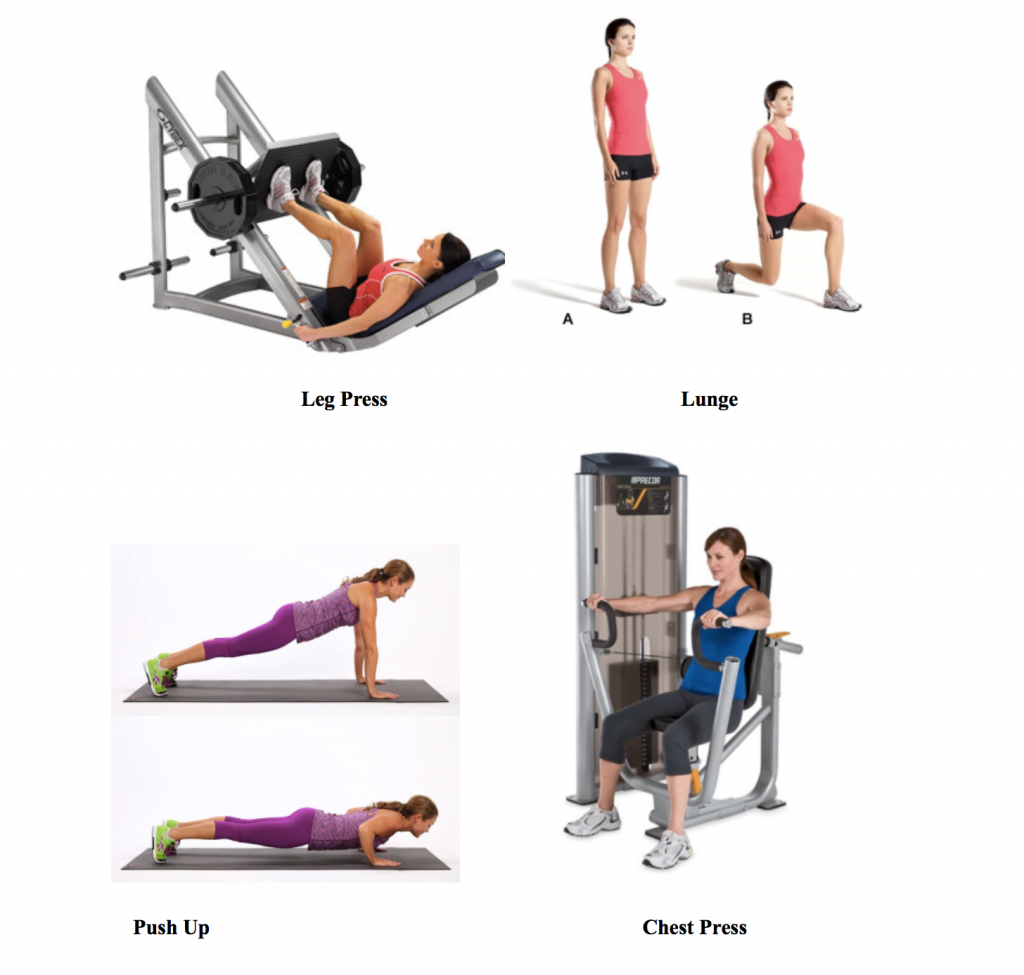
You Might Like:
Best Time to Work Out Based on Sleep Animal
Should you work out at night, mid-day, or morning based on your sleep animal: Lion, Bear, Dolphin, or Wolf? Most people seem to think that waking up early and “getting after it” with a solid...Menopause and Sleep
Hunter Bennett Menopause is commonly considered to be one of the most trying times in a woman’s life. A time of vast change, it comes with a number of unique effects that can make even...Is Sleep the Missing Link to Athletic Performance?
Hunter Bennett When it comes to maximizing athletic performance, we often find ourselves seeking out complex training methodologies and fancy new pieces of equipment to get an edge on the competition – and as a...The Effects of Sleep Quality and HIIT
Moji Kaviani Quality of sleep appears to be positively associated with both physical and psychological health (Halson, 2016; Lastella et al., 2012). Therefore, numerous studies examined the relationship between physical activity and sleep suggesting that...Best White Noise Machines For Sleep
Getting enough sleep is critical for your mind and body. For that reason, many people rely on white noise machines to help them get to sleep and stay there all night. What are White Noise...5 Signs of Sleep Apnea
Most people snore once in a while, but what happens when your loud, continuous snoring becomes a nightly occurrence? If it’s accompanied by other symptoms, you could be one of the estimated 22 million American...References
Alley, J., Mazzochi, J., Smith, C., Morris, D., Collier, S. (2015). Effects of resistance exercise timing on sleep architecture and nocturnal blood pressure. Journal of strength and conditioning research, 29:5, 1378-1385.
Awick, E.A., Ehlers, D.K., Aguinaga, S., Daugherty, A.M., Kramer, A.F., McAuley, E. (2017). Effects of a randomized exercise trial on physical activity, psychological distress and quality of life in older adults. General Hospital Psychiatry, 1-7.
Driver, H.S. and Taylor, S.R. (2000) Exercise and Sleep. Sleep Medicine Reviews, 4:4, 387-402.
Leise, T.L., Harrington, M.E., Molyneux, P.C., Song, I., Queenan, H., Zimmerman, E., Lall, G.S., and Biello, S.M. (2013). Voluntary exercise can strengthen the circadian system in aged mice. Age, 35, 2137-2152.


